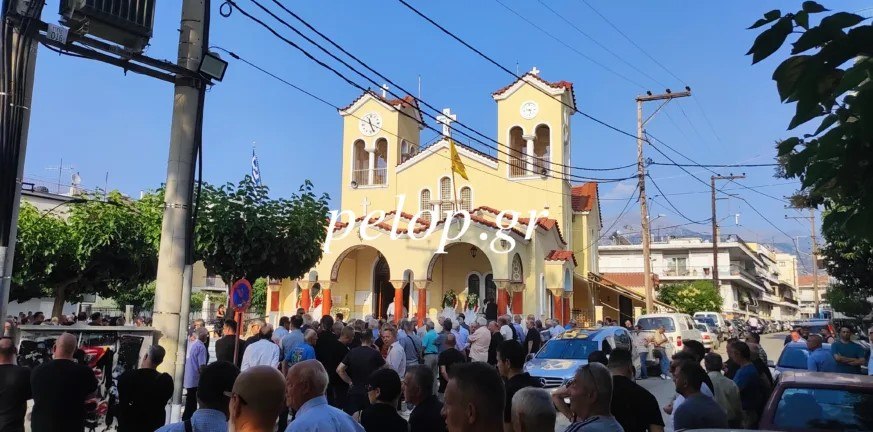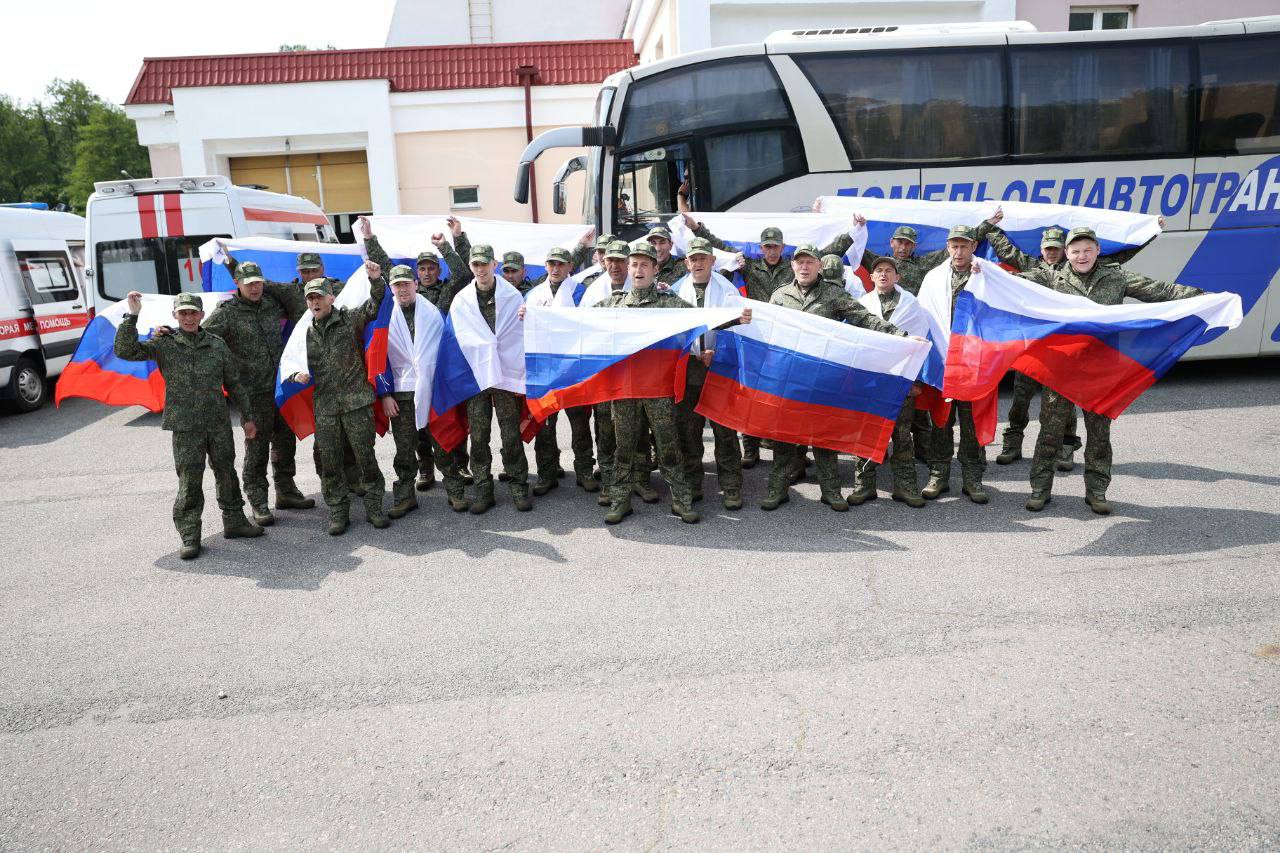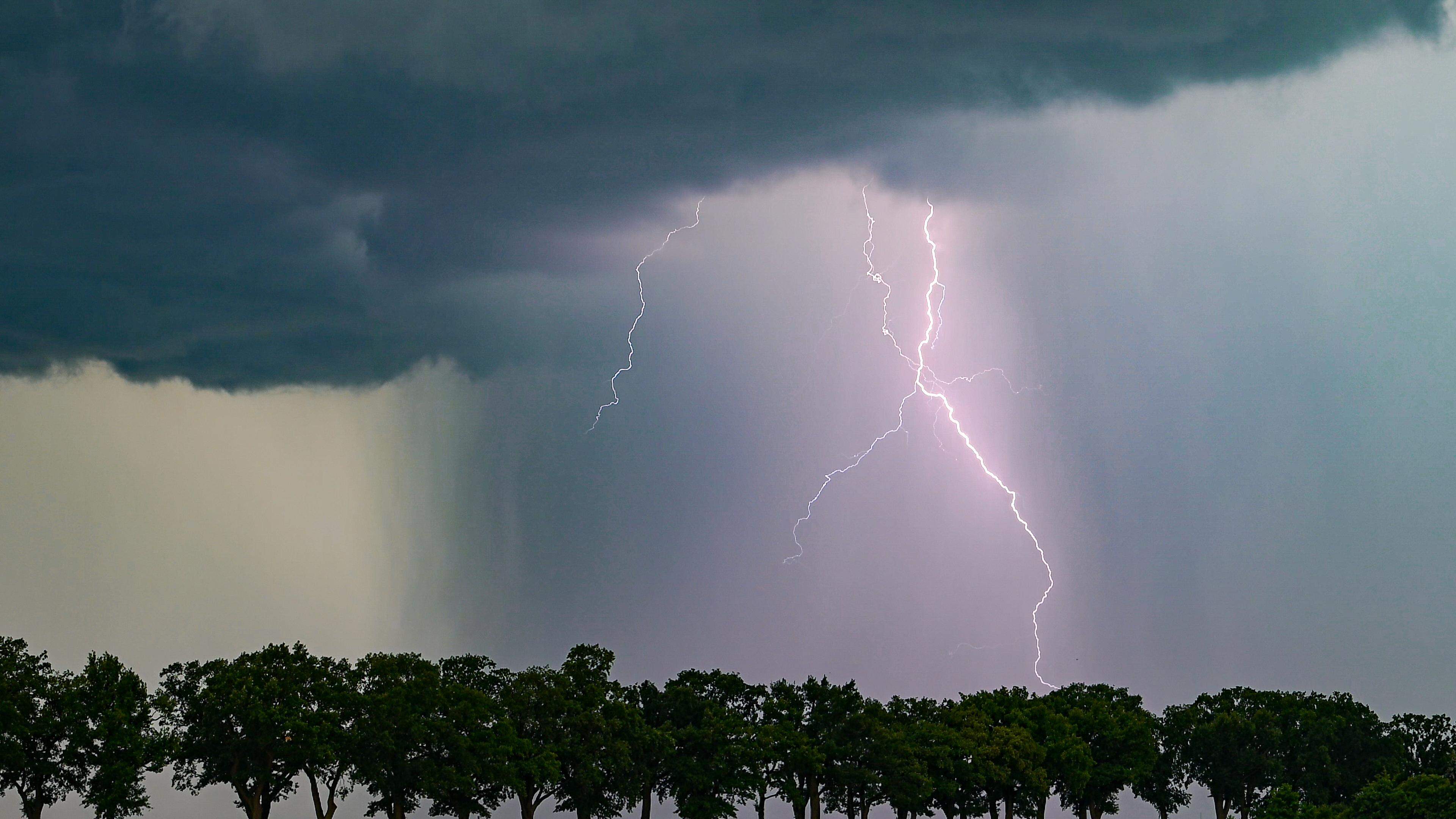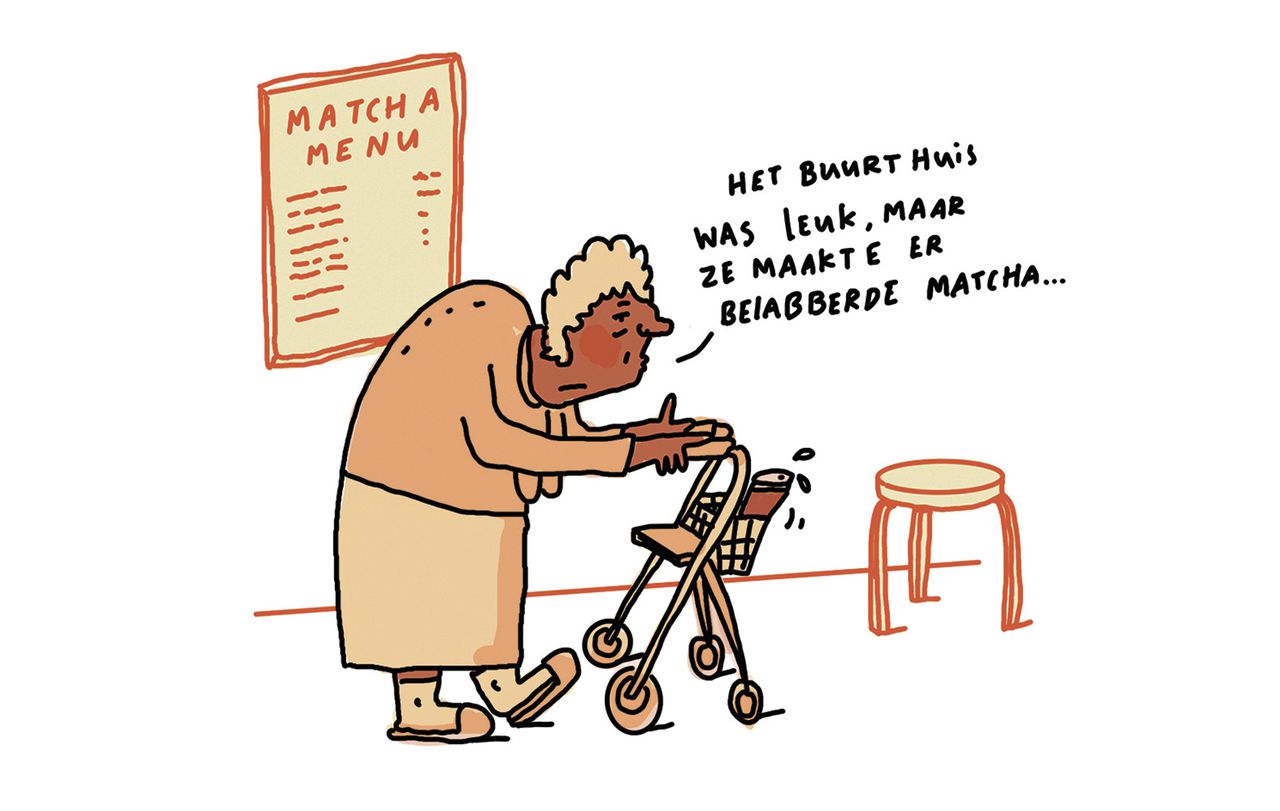The tango of the port – THE NEWS

Eduardo Galeano has described it … poetic. « The Argentines play football as they write poetry. They live with the stomach and the heart, not with the head. » The « crazy philosopher », Marcelo Bielsa, cynically. « Football for Argentina is not just a game. It is the means by which it confirms its value to the world. » Jorge Valdano… religiously and anthropologically. « The Argentines go to the court as we go to church. To confess, to be redeemed, to hope. »
In Argentina, football is not just a game. It’s much deeper, almost mystical. It is the voice of the neighborhood, the dream of a child playing barefoot with a plastic ball in the soil, it is the cry of the platform, it is hope in the difficulty, the faith when everything around collapses. Where football is an experience. It is not only played on foot, but with the heart, the soul, with the passion born in the alleys of Boca and the slums of Buenos Aires.
The Argentine does not see football, he dreams, he sings, he shouts. It is something like a religion, with the sacred temples are players and deities such as Maradona, Messi, Ricelme. In a country wounded by economic crises and social upheavals, the ball became a refuge and a way of confirmation. This football soul traveled, migrated, became worldwide. And somewhere there, in Piraeus, he found a port.
Argentines and… Olympiacos speak the same language. The language of passion, faith, « paranoia » for the group.
Because Olympiacos is not a simple team. It is also a religion, passion, idea. His followers are not just fans. They are fiery lovers of the club. They live for Karaiskaki, for Monday to tease friends, for Sunday to scream the slogan. It is precisely this temperament that makes the Argentines and Olympiacos fans look so much. And when these two passions met, moments of magic were born. And that was the reason that the presence of Argentine players at Olympiacos was not just passing. It was a karmic relationship.
Ariel Ibagasa, the « Kano », as he was shouted in his homeland (the… apron, for obvious reasons). A ball master, with a computer mind and a poet technique. He came to Olympiacos in 2010 and stayed … forever. He won 4 championships (2011, 2012, 2013, 2014) and 2 cups (2012, 2013). It was the voice on the pitch, the brain of the team. With the classic Argentinean magic and tranquility, it didn’t run as much as others, but it made them all run better. A great general. Not accidentally, his teammates called him so. El General. A brainwood giant on the court. A pocket leader. A football « beast », identified with the Olympic jersey. One of the main faces of the… return of Olympiacos to the top, in the Marinaki era. One of the biggest players who wore the red and striking. A soldier of the red -white family. An Argentine from… Kokkinia.
His neighbor, in the Piraeus district of Tango, another « colossus ».
Alejandro « Chori » Domingues. It came in 2013, when Olympiacos needed a leader. He asked for and took the jersey by number 10. And he honored it as the legend of his presence in the legend. Old cutting football « bastard ». Frames, beard, ribbon, eye … glossy. An artist of the ball, who put in his collection of three championships (2014, 2015, 2016) and two cups (2015, 2016). Chori wasn’t just a footballer. It was a soul, a heart, an unthinkable quality. A mind full of demons born in frozen Russia. When he was fighting with depression. An Argentine who was born to fight. A football phenomenon that he wanted to play for the world. For joy in the eyes. For the jerk. For love. 126 games, 40 goals, 28 assists. And yet, even these impressive numbers of the red -white life of this Argentine virtuoso seem « poor » in front of his splendor. Racing and… human.
And since the reason for greatness, Olympiacos had the chance, joy and privilege of offering his jersey to football jewelry, such as Esteban Campiao. The legend of Inter and the Argentine national came to Olympiacos at the end of his career in 2015. He was 34 years old. But it was … Campiao. Argentinean. Nurse with the mindset of Real Madrid winner. Winner of the Champions League with Nerjouri. A cosmopolitan Argentine, who became… Greek. Piraeus. He bought two houses in Greece. It became « ours ». And he arrived to stay deliberately a whole summer without a team to … return to Piraeus.
He played for two seasons, winning the 2016 Greek Championship and giving the glamor of a real star. Cambiasso was the definition of the leader. He did not need to shout, this piercing and full of intensity and thirst for his victory was enough. The raised hand was enough. His cheerful jersey, at the end of each race. Proof that even an aristocratic Argentine, with Olympiacos jersey, is always a revolutionary.
Fernando Bellucci. Absolutely opposite to the aristocrat « Koutsos ». A child raised on the streets. Gangster. Normal, confessed and with … tattoos. One of the most talented huffs who ever wore the red and white. He came in 2007 and competed until 2009. He won two championships (2008, 2009) and 1 Greek Cup (2008). With elegance, technique and inspiration, it was the link between the midfield and the attack, with precision and shooting. He stayed a little, he didn’t offer what he could. But the bonding with the club and the red -white stand remained everlasting.
Javier Saviola. River Plate and Barcelona’s miracle-miracle came to Olympiacos in 2013 to give some of his shine. Whatever it was just one season. His presence, his goals, his personality and experience played a decisive role in the Olympics in the league (2013-14), but also in his European course. Style, sophistication, mind, class, in a baby’s beast, which despite its small parcel and polite appearance, never renounced its Argentinean nature. With what this involved for his presence at Olympiacos. But also his overall worldview.
All of these great Argentines, and so many others, more less successful, brought their philosophy with them: football as art and as a daily struggle. They came to give. They worked, fought, played with soul. And the Olympiacos audience, who can love you as much as anyone, but also condemn you if you do not honor the shirt, lengthened.

Tsori was a moving Ballad of Argentina, with the « 10 » on his back and the stadium on his feet. An artist who painted football canvases in Karaiskaki
Argentines and Olympians speak the same language. The language of passion, faith, paranoia for the group. The Argentine will go miles to see his team. It will sing 90 minutes. He will cry for a defeat, he will write a song for a win. Olympiacos has the same heart: forged, full of wounds and glory, but above all dedicated. It is no coincidence that in the Argentines … the red and the striker goes. It is no coincidence that even the greatest moment in the club’s history, the conference League, was combined with two Argentines in … key roles (Santiago ESE, Francisco Ortega).
Found a family in Piraeus
All of them, like… children of Piraeus. Born in Buenos Aires, Rosario, Santa Fe, San Juan, but nourished in Kaminia. A connection inevitable. A connection, among a people who love football and a club that lives in their towel. And as long as there are players like Ibagasa, Chori, Cambiassos, Bellucci, Saviola, ESE, Great Galeti, this relationship will revive, inspire, reminds that football is not just goals, assists and titles. They are mainly stories. People who came from distant Argentina to find a family in Piraeus. A house. To be loved, as if they were ours. And they became « ours ». Olympics. From Argentina, but forever in Piraeus.







